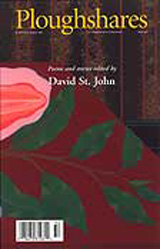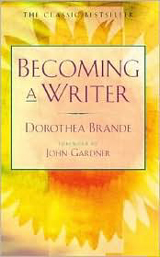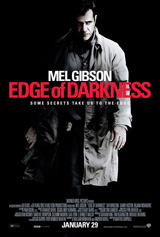As long as I’m exorcising unresolved punctuation demons, here’s a lesson learned from another mentor.
While in grad school I took a pair of classes that examined novel writing in the context of film and literature. It was a singular experience in which we met not in a university classroom but in our instructor’s Hollywood Hills home. Students took turns bringing dessert, and the semester was capped by a champagne party.
Amid these non-institutional trappings, we received an education not only in writing but in character: Gentlemen were required to pull out chairs for the ladies and help us put on or take off our jackets. Class would halt if someone yawned.
And, over and over and over again, we were corrected if we uttered the phrase “as though.” “As if,” our teacher would say. “As if.”
“As if” and “as though” are conjunctions. Specifically, they are subordinating conjunctions that introduce a subordinate clause—i.e., a clause that is dependent on the main clause—and indicate its relation to the rest of the sentence. The relation that “as if” and “as though” indicate is manner.
He strutted into the nightclub as if he owned the place.
The question, though, is whether there is a difference between “as if” and “as though,” and it appears nowadays that there isn’t. Chicago discusses “as if” and “as though” together without differentiating between the two. And The Columbia Guide to Standard American English says, “These two are currently interchangeable in meaning in Standard English …”
Still, Hacker doesn’t include “as though” at all in her list of subordinating conjunctions. AP finds “as though” acceptable but prefers “as if.” And Merriam-Webster’s online dictionary refers queries about “as though” to its entry on “as if.”
Apparently, strictly adhering to using “as if” instead of “as though” is about as old-fashioned as pulling out a chair for a lady—but it is the preferred usage.
References
Chicago Manual of Style, The. 15th ed. Chicago: The University of Chicago Press, 2003.
Goldstein, Norm, ed. The Associated Press Stylebook. 42nd ed. New York: Basic Books, a Member of the Perseus Books Group, 2007.
Hacker, Diana. The Bedford Handbook for Writers. 3rd ed. Boston: Bedford Books of St. Martin’s Press, 1991.
Merriam-Webster Online Dictionary, s.v. “as if,” http://www.merriam-webster.com/dictionary/as+if (accessed July 6, 2008).
Wilson, Kenneth G. Columbia Guide to Standard American English. New York: Columbia University Press, 1993.
Caught in the ’Net
The recent rescue operation to free fifteen hostages held by Colombian rebels is a Hollywood blockbuster in the making. However, asked whether she would write a book about her experience, Ingrid Betancourt, the presidential candidate held captive for six years, said, “I’ll write a play.”
The recent yearbook scandal at a charter high school in Baldwin Park, Calif.—in which offensive fake student names made it all the way to the final product—demonstrates why you should never, ever use placeholder text.
Found via the Grammar Vandal, here’s a short story in which every single word starts with the letter W. Let me know if you make it all the way through—I didn’t.







